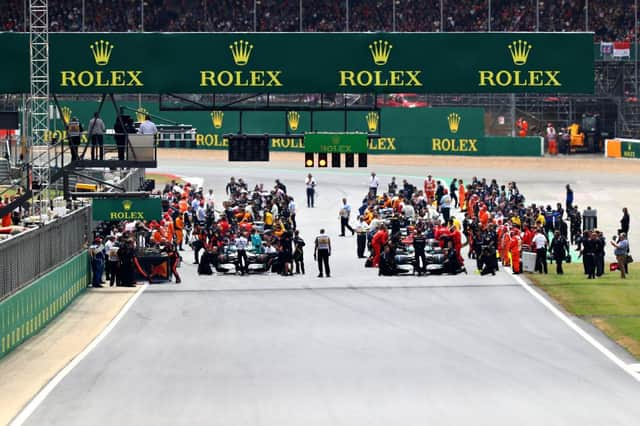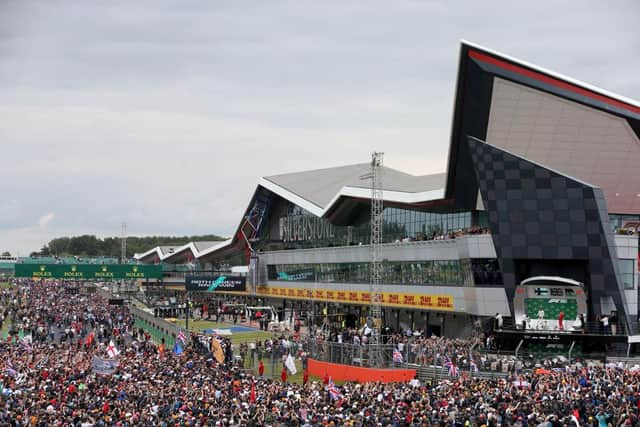When will the 2020 Formula 1 season start? The updated F1 calendar, what it means for the British Grand Prix at Silverstone and why races might be behind closed doors


The global coronavirus pandemic has had a massive impact on sporting fixtures around the world.
Major championships and events have been put on hold, delayed or even cancelled.
Advertisement
Hide AdAdvertisement
Hide AdThe Six Nations rugby tournament was suspended on its final weekend, the UEFA Europe 2020 championship has been put back until 2021 and this year’s Wimbledon has been cancelled.


The outbreak has also taken its toll on motorsport, with the Australian Formula 1 Grand Prix among the first international events to be cancelled and the French Grand Prix the latest to be abandoned.
Is the 2020 Formula 1 World Championship cancelled?
The first 10 races in the 2020 Formula 1 calendar have already been cancelled due to the outbreak but Formula 1 chiefs have said they intend to run the season in a condensed form later this year.
F1 boss Chase Carey has said he is “increasingly confident” that racing will resume this summer, with between 15 and 18 races taking place across Europe, Asia, the Americas and the Middle East, rather than the 22 originally planned.
When will the Formula 1 season start?
Carey said that the intention was to start the 2020 season with the Austrian Grand Prix on the weekend of July 3-5. He then intends to run races in Europe in July and August before moving to Eurasia and Asia in September and October.
October and November will see the championship move through Asia and on to the Americas before heading to the Middle East in December for races in Bahrain and Abu Dhabi.
F1 organisers have said they will publish a full calendar “as soon as possible” but emphasised that the situation is still open to change.
Is British Grand Prix going ahead?
Silverstone bosses have said that they are hopeful the British Grand Prix will go ahead.
Advertisement
Hide AdAdvertisement
Hide AdThe race is currently scheduled for the weekend of July 19 and circuit chiefs are in discussions with the Government about the viability of sticking to that plan. However, the circuit’s managing director, Stuart Pringle, has confirmed that if the race does go ahead it will be behind closed doors, with no fans in attendance.
Ticket holders for the 2020 race have been told they can either transfer their booking to the 2021 event or receive a full refund.
It has been suggested that Silverstone and Austria’s Red Bull Ring could host two races each to help boost the number of races run in the shortened championship. Formula 1 bosses are yet to confirm if this will happen.
Will fans be able to attend?
In his statement Carey said that the early races would have to be run behind closed doors, meaning no fans will be able to attend, but he hoped later races would be open to spectators.
He said: “We expect the early races to be without fans but hope fans will be part of our events as we move further into the schedule. We still have to work out many issues like the procedures for the teams and our other partners to enter and operate in each country.
“The health and safety of all involved will continue to be priority one and we will only go forward if we are confident we have reliable procedures to address both risks and possible issues.”